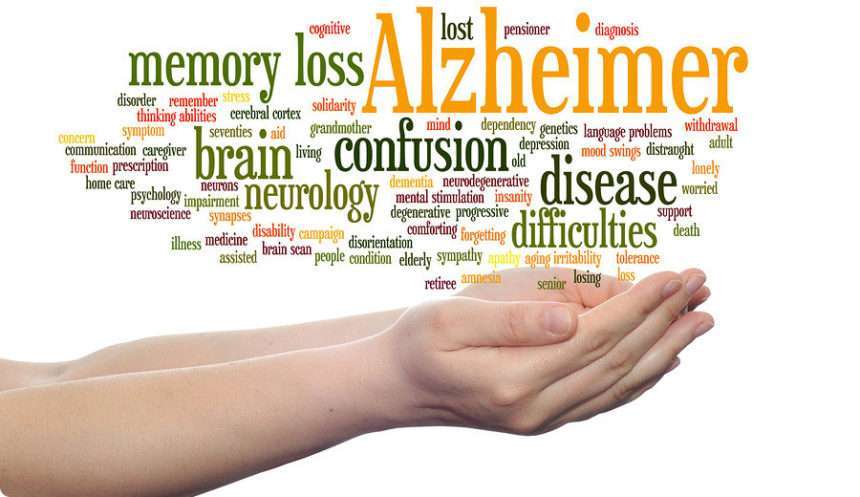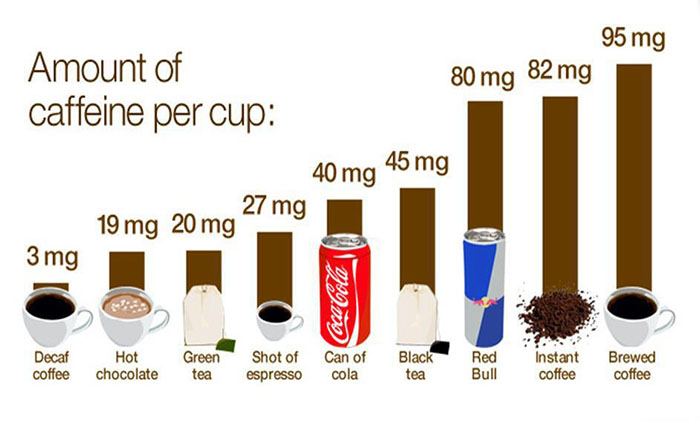The thought of not being able to recognize a family member or lifelong friend, or what you did yesterday, is a terrifying and tragic idea. This disease is very real, affecting hundreds of thousands of Canadians each year, and it is known as Alzheimer’s disease. It is the most common type of dementia and there is no cure.

Alzheimer’s disease symptoms and related ideas. (Uploaded by https://emedmultispecialtygroup.com/wp-content/uploads/2018/03/alzheimer-disease.jpg)
Causes of Alzheimer’s Disease
Alzheimer’s disease is a brain disorder that progresses with increasing age and it negatively affects behavioural, thinking and social skills, as well as the ability to do simple tasks in everyday life. It acts specifically in the brain by disrupting the work of neurons and damaging them. In the brain, there are large proteins called amyloid proteins that can be broken down into smaller proteins called beta amyloids. The issue with these fractured beta amyloid proteins is that they are capable of clumping together and accumulating, forming hard, insoluble substances called amyloid plaques. These plaque deposits situate in between nerve cells, blocking their signals and transmissions. In addition to plaques are something called neurofibrillary tangles. Tangles are composed of proteins called tau proteins which change shape and form bundles of twisted fibers inside brain cells. They act similar to plaques in the brain, to kill neurons.

Illustration of a healthy brain and one with Alzheimer’s. (Uploaded by https://cdn.prod-carehubs.net/n1/802899ec472ea3d8/uploads/2015/01/Alzheimers-001-1-1024×847.jpg)
A Possible Cure?
A recent study by researchers at the University of Southern California found certain compounds that were able to reverse symptoms of Alzheimer’s in mice that were genetically modified to develop the disease. These compounds were specifically epigallocatechin-3-gallate, or EGCG for short, and ferulic acid, or FA. The most convenient thing about these compounds is that they are probably more obtainable than most people are aware of, as EGCG is a main component of green tea, and FA is found in foods such as carrots, tomatoes, rice, wheat, and oats. These compounds are thought to prevent the breakdown of amyloid proteins into fragments that may result in amyloid plaques. In the study, the researchers placed mice into one of four experimental groups for the duration of the study. The first group was restricted to a diet containing both EGCG and FA, the second and third group was restricted to either EGCG or FA, and a placebo for the fourth group. After three months, the mice were tested for Alzheimer’s symptoms by being placed into a maze with numerous pathways. Healthy mice instinctively explored each and every pathway of the maze whereas impaired mice were more likely to continuously move down pathways they had already explored, indicating impaired memory and behaviour.
The findings of this research could potentially lead to promising therapeutic treatments for Alzheimer’s disease using readily available plant-based supplements. It’s still too early to say whether or not EGCG and FA will have a significant effect when treating humans. Nonetheless, it’s a step in the right direction towards beating this tragic disease.
David Infanti


